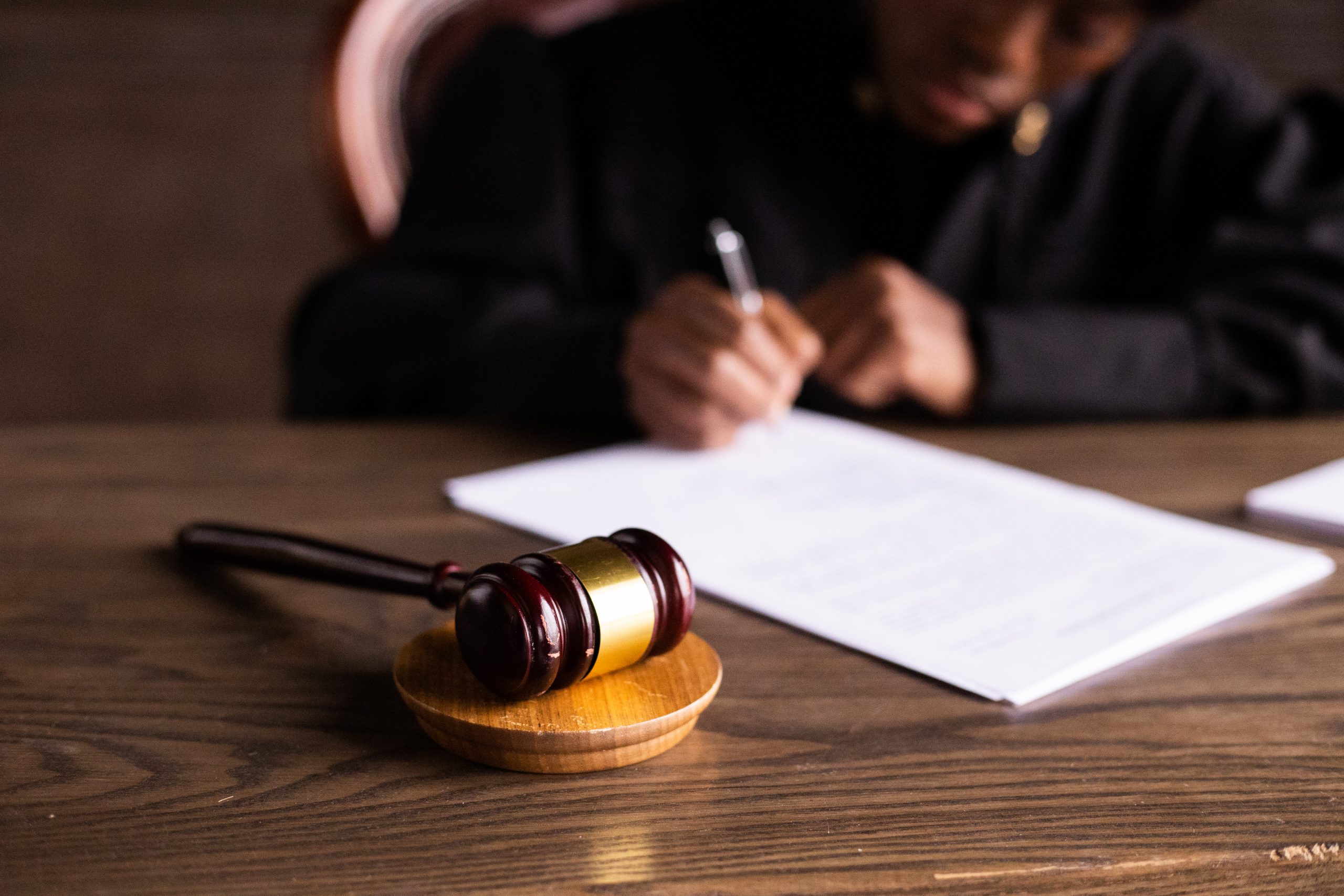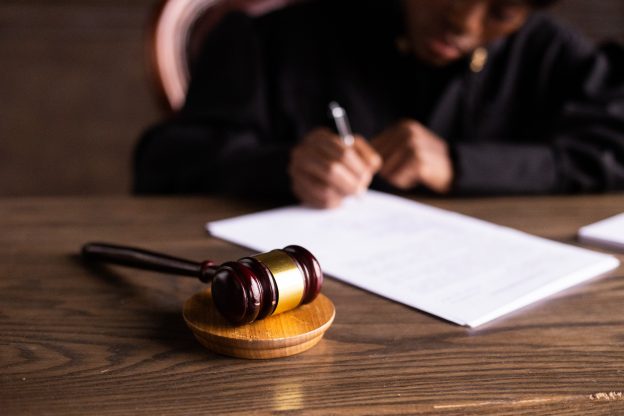The criminal justice system is a complex framework of laws, procedures, and institutions that work together to maintain law and order in society. It encompasses the investigation, prosecution, and punishment of criminal offenses. Understanding the criminal justice system is crucial for businesses and individuals alike, as legal issues can arise that may require expert guidance. As a criminal defense attorney, our mission is to provide comprehensive and reliable advice to our clients, ensuring they are well-informed about their rights and options. With years of experience and a deep understanding of the intricacies of criminal law, we are dedicated to providing exceptional legal representation and support to those facing criminal charges. Whether you are a business owner or an individual, our goal is to guide you through the criminal justice system and achieve the best possible outcome for your case. Contact us today for a consultation and let us put our expertise to work for you.

Overview of the Criminal Justice System
The criminal justice system is a complex network of legal processes and institutions designed to maintain law and order within society. It primarily serves to investigate, prosecute, and punish individuals who have committed criminal offenses. Understanding the criminal justice system is crucial for individuals who may find themselves involved in legal proceedings, either as a victim or as an accused.
Definition of the Criminal Justice System
The criminal justice system refers to the set of organizations, agencies, and processes established by the government to enforce laws, maintain social order, and prevent and punish criminal behavior. It involves multiple stages, from the initial investigation of a crime to the apprehension, prosecution, and adjudication of the offender.
Purpose of the Criminal Justice System
The primary purpose of the criminal justice system is to ensure public safety, deter criminal behavior, and protect the rights and interests of both victims and suspects. It aims to strike a balance between punishing offenders for their actions and offering them opportunities for rehabilitation and reintegration into society.
Components of the Criminal Justice System
The criminal justice system consists of several key components that work together to achieve its objectives:
-
Law enforcement: Law enforcement agencies, such as police departments, sheriff’s offices, and federal agencies like the FBI, are responsible for investigating crimes, maintaining public order, and apprehending alleged offenders.
-
Prosecution: Prosecutors, also known as district attorneys or state attorneys, represent the government’s interests in criminal cases. They review evidence, decide whether to file charges, present the case in court, and seek a conviction.
-
Defense attorneys: Defense attorneys advocate for individuals accused of committing crimes. They ensure their clients’ rights are protected, challenge the prosecution’s evidence, and present a defense strategy to achieve the best outcome.
-
Judges: Judges preside over criminal cases and ensure the fair and impartial administration of justice. They interpret the law, oversee legal proceedings, make decisions on admissibility of evidence, and impose sentences when a defendant is found guilty.
-
Jury: In some cases, a jury of impartial individuals is responsible for determining the guilt or innocence of the accused. They evaluate the evidence presented during trial and reach a verdict based on the principles of law.
-
Corrections: The corrections system encompasses prisons, jails, and probation or parole departments. It is responsible for the custody, supervision, and rehabilitation of convicted offenders. Corrections facilities aim to protect the public, prevent future crimes, and offer programs to help individuals reintegrate into society.
By understanding the role of each component in the criminal justice system, individuals can navigate the legal processes more effectively and ensure their rights are respected.
Key Players in the Criminal Justice System
The criminal justice system involves various key players who play pivotal roles in the investigation, prosecution, and adjudication of criminal cases.
Law Enforcement
Law enforcement agencies, such as the police, are at the forefront of the criminal justice system. They investigate crimes, maintain public order, gather evidence, and apprehend suspects. Law enforcement officers uphold the law and protect the community.
Prosecution
Prosecutors, also known as district attorneys or state attorneys, represent the government in criminal cases. They are responsible for reviewing the evidence collected by law enforcement agencies, deciding whether to file charges, and presenting the case in court. Prosecutors aim to secure convictions and hold offenders accountable.
Defense Attorneys
Defense attorneys advocate for individuals accused of committing crimes. They ensure their clients’ constitutional rights are protected, challenge the prosecution’s evidence, and present a defense strategy to achieve the best possible outcome. Defense attorneys play a critical role in safeguarding the rights of the accused and ensuring a fair trial.
Judges
Judges are impartial legal professionals who preside over criminal cases and oversee legal proceedings. They interpret and apply the law, ensure fair trial procedures, rule on admissibility of evidence, and deliver sentences when the defendant is found guilty. Judges play a crucial role in upholding the principles of justice and balancing the rights of all parties involved.
Jury
In cases that go to trial, a jury of impartial individuals is responsible for determining guilt or innocence. Jurors evaluate the evidence presented during the trial and deliberate to reach a verdict based on the principles of law. Juries ensure that the accused receives a fair and balanced assessment of their case.
Corrections
The corrections system includes prisons, jails, and probation or parole departments. It is responsible for the custody, supervision, and rehabilitation of convicted offenders. Corrections facilities aim to protect the public, prevent future crimes, and provide programs to help individuals reintegrate into society.
By understanding the roles of these key players, individuals can navigate the criminal justice system and ensure their rights are protected throughout the legal process.



